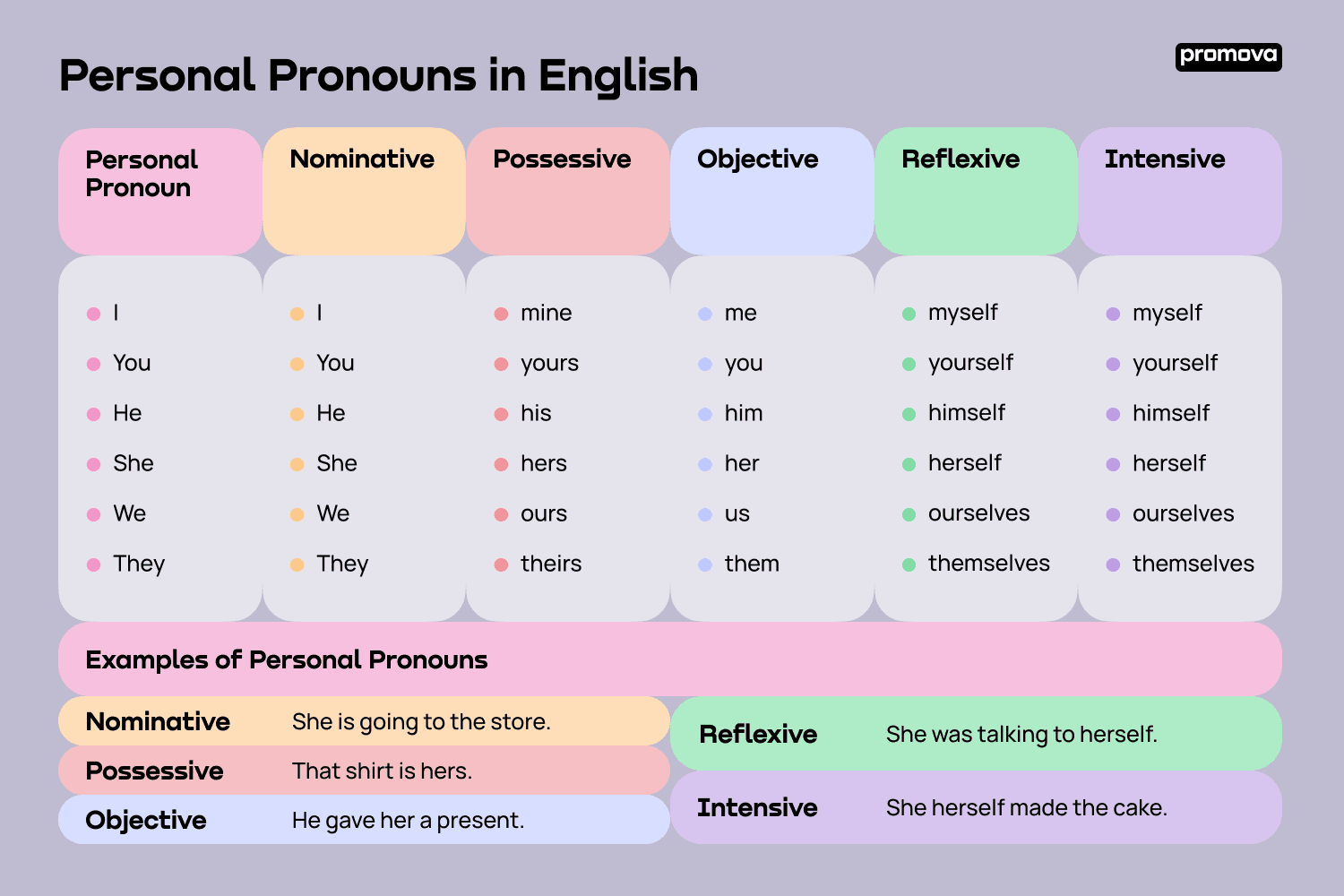In English grammar, personal pronouns are words that are used to replace nouns in a sentence. They are used to avoid repetition and make sentences more concise. Examples of personal pronouns include I, you, he, she, it, we, and they. But what about the word “someone”? Is it a personal pronoun?
Technically, “someone” is not considered a personal pronoun. Instead, it is classified as an indefinite pronoun. Indefinite pronouns are used to refer to people or things in a general or unspecified way. They do not specifically point to a particular person or thing. Examples of indefinite pronouns include someone, anyone, everyone, nobody, and everybody.
When we use the word “someone” in a sentence, we are referring to an unknown or unspecified person. It is a way of talking about a person without using their name or a specific personal pronoun. While “someone” is not a personal pronoun, it serves a similar function in that it replaces a noun and helps avoid repetition in a sentence.
It’s important to understand the distinction between personal pronouns and indefinite pronouns when constructing sentences. Personal pronouns are used to refer to specific people or things, while indefinite pronouns are used to refer to general or unspecified people or things. Both types of pronouns play a crucial role in making sentences clear and concise.
In conclusion, while “someone” is not classified as a personal pronoun, it is an indefinite pronoun that serves a similar purpose in sentences. Understanding the differences between personal and indefinite pronouns can help improve your writing and communication skills. So the next time you use the word “someone” in a sentence, remember that it is not a personal pronoun, but rather an indefinite pronoun that adds depth and specificity to your writing.
